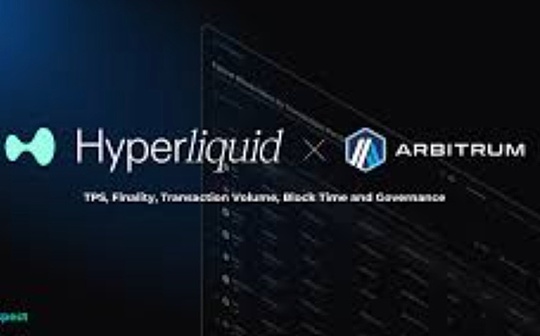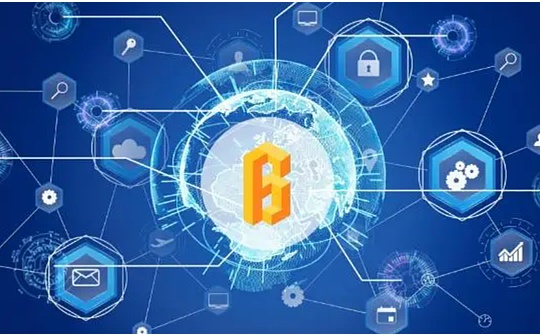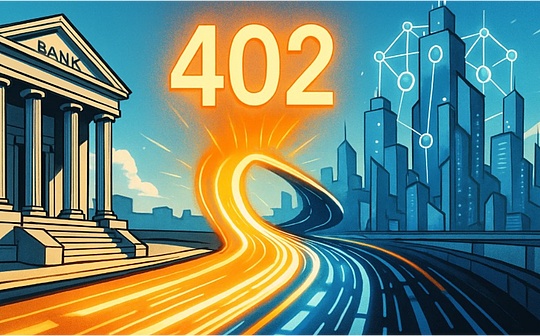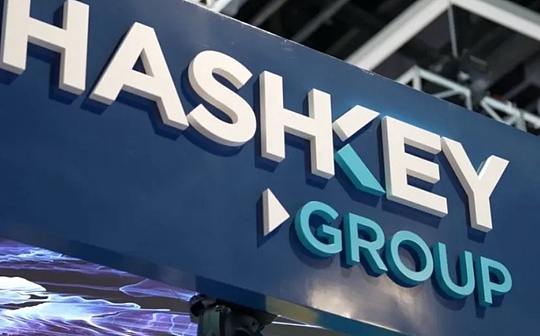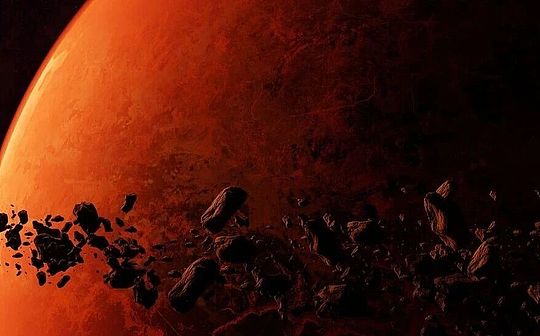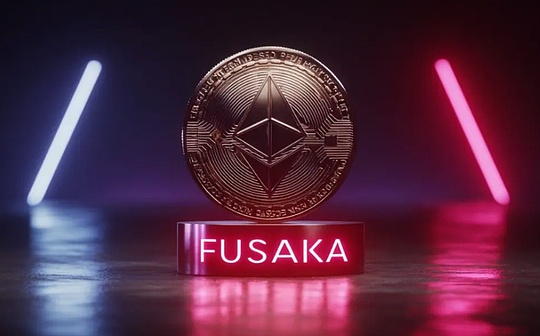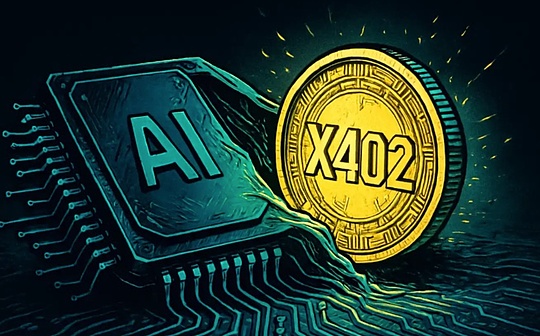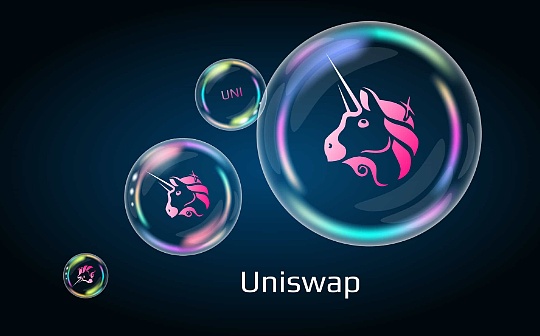
Author: daniel kuhn, coindesk; compile: five baht,>Bitchain Vision Realm
On Friday, the UNISWAP Foundation announced that it would postpone a key vote that decided whether to upgrade the governance structure and cost mechanism of the upgrade agreement to better reward UNI to the holders of tokens.The non -profit organization quoted a concern of a “stakeholder” and was believed that the stakeholder was the largest equity investor organized behind the Ethereum decentralized exchange.
“Last week, a stakeholder raised a new problem related to this work, which requires us to pay more efforts to comprehensively review it. As the upgrade we proposed has an unchanged nature and sensitivity, we have made oneDifficult decision, postpone the release of this vote,“The foundation wrote on X (formerly known as Twitter).
Although the foundation expressed the decision “unexpectedly” and apologized for this, this is far from whether the “cost conversion” is launched for the first time.Some.This is also the only time that the interests of not to token holders seem to conflict with the interests of other “stakeholders” in UNISWAP.
The foundation added: “We will notify any major changes to the community at any time. Once we are more sure of the future schedule, we will update it to everyone.”
UNISWAP issued UNI tokens after “DEFI Summer” in 2020 to resist Sushiswap’s so -called “vampire attack”.SUSHISWAP started with governing token Sushi and quickly began to attract liquidity.In view of SUSHISWAP, it is managed by DAO and directly transferred the transaction cost to the token holders, so it is considered to be relatively closer to the community.
The second edition of Uniswap contains code, which can dismantle 0.3% of the transaction costs paid to the trading fee of liquidity providers (or people who contribute to tokens in a decentralized exchange), of which 0.25% are allocated to LP, The remaining 0.05% is assigned to UNI token holders.But “cost conversion” has never been activated.
With the introduction of Uniswap V3, discussions on cost conversion activation reappear again.The UNISWAP front -end interface OKU manufacturer GFX Labs proposed a plan that will be allocated to test protocol fees in several pools on the Uniswap V2, which has attracted widespread attention.However, the negotiations ended with no success. In some reason, people were worried that activation might cause LP and liquidity to leave the platform, and there are also legal concerns.
One of the main concerns at that time was that the cost conversion may have a tax and securities law on Unidao, because it is essentially paying a income -based dividend to token holders.
It is unclear that the Uniswap Foundation will respond to what concerns when deciding to postpone the voting again.Gabriel Shapiro, a famous cryptocurrency legal expert, wrote,This is another example of the DEFI agreement regarding the tokens as a “second -class” citizen, and their desire obeys a small group of stakeholders.
At the end of last year, UNISWAP Labs also proposed a similar argument on its front -end website and wallet, which was time -to -time -this is the first time that the development team tried to monetize it directly.This cost is only suitable for products maintained by Uniswap Labs, not for the exchange agreement itself, but it is indeed levied after raising $ 165 million.
There is no reason to be fully cynical, and implies that it will never implement the hard coding cost conversion of the UNI token holder.UNISWAP LABS and UNI token holders are different entities with their own interests; ideally, the two will coordinate and do the best for the agreement itself.
But if there are any lessons for DEFI, token holders do not always have the right to decide.

